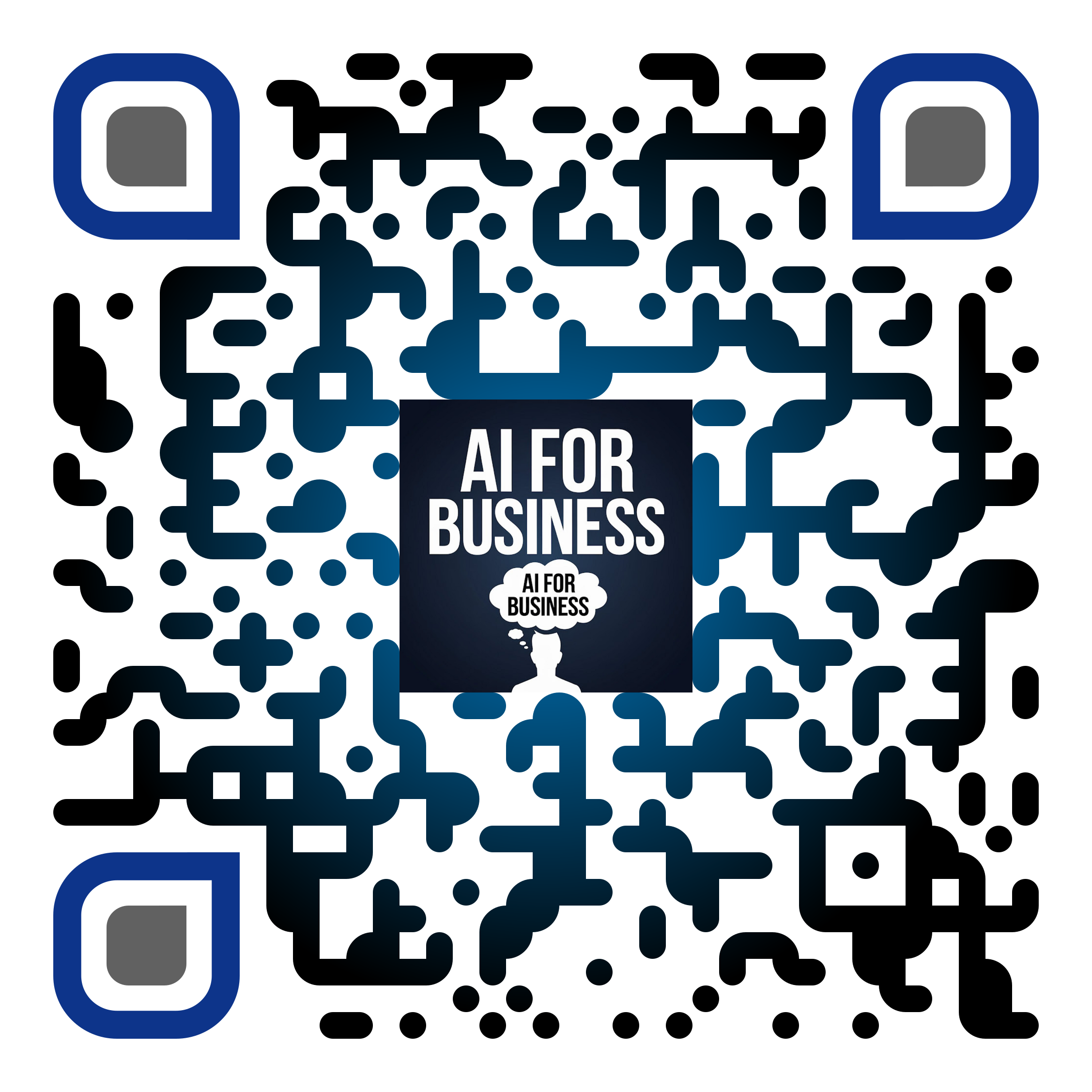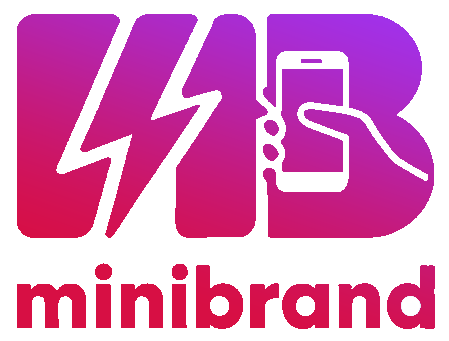 AI For Business
AI For Business
About Us
Embracing the Future with Technology
We help Business Adopt AI, Modernize IT, Automate Processes and apply business intelligence using common sense. Looking for right technical expertise to boost your business?
Here We specialize.
In the ever faster moving world of business, AI and technology can help you stay ahead, effectively and efficiently. We pride our selfs in being able to help you stay ahead of the curve by providing the right technical solutions. We allow you to focus on the business, and leave the technical details to us.
Partners
Partners & Relationships
Our expertise
What we can do for you
AI Auditing
We conduct thorough audits of your IT infrastructure, security systems, and business processes to identify risks, ensure compliance, and optimize performance.
Implement AI
We help businesses integrate artificial intelligence solutions to automate processes, enhance decision-making, and drive innovation.
AI Workshop
We provide comprehensive workshop programs to upskill your team in AI technologies, modern IT practices, and digital transformation.
We Check
We check and audit systems to ensure they are working and comply with business and service requirements.
We Link
We Bridge business to geeks and enable smooth communication between them.
We Inspire
We explore with you from IT perspective to ensure the technology adopted fits your future business development.
We Transform
The right Technology for the Right Problem, Transform business ideas into the Digital world.
We Focus
We take care of your tech needs and provide concurrent and ad hoc system management.
Unlimited Talent
We source local and international talent with solid experience, skills and bright calibre, satisfying technical needs.












